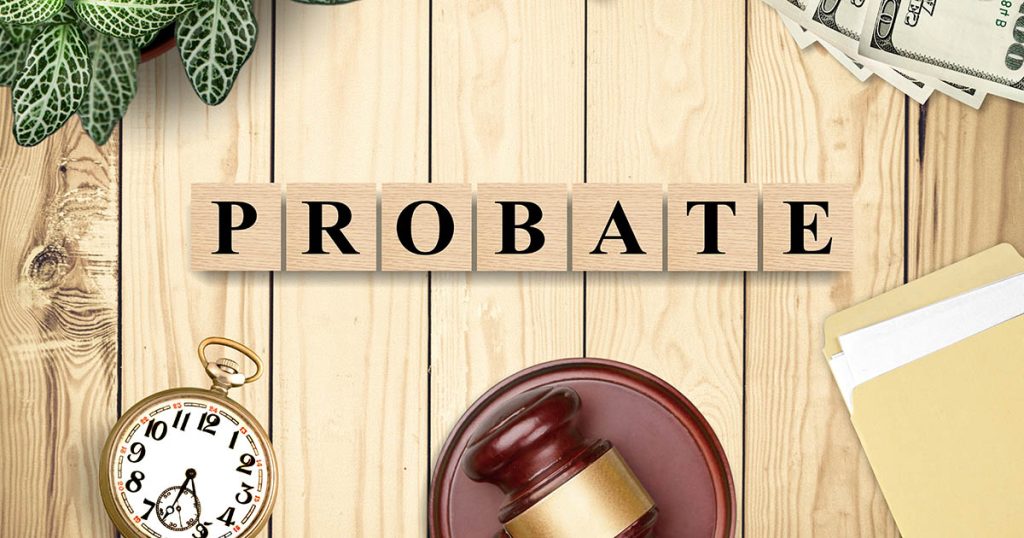
When a loved one passes away, the legal and financial responsibilities that follow can be overwhelming. For residents of Brisbane and Queensland more broadly, understanding the probate and estate administration process is essential to ensure a smooth transfer of assets and fulfilment of legal duties.
This guide covers everything from what probate means, to the steps involved in administering an estate in Brisbane.
What Is Probate?
Probate is a legal process that validates a deceased person’s will and grants authority to the executor to manage the estate.
When Is Probate Required in Brisbane?
In Queensland, probate is generally required if:
- The estate includes significant assets (like real estate or large bank accounts)
- Financial institutions request it before releasing funds
- The property is solely owned by the deceased
If the estate is small or assets are jointly owned, probate may not be necessary.
Understanding Estate Administration
Estate administration involves collecting and managing the deceased’s assets, paying off debts and taxes, and distributing the remainder to beneficiaries.
Role of the Executor
The executor is the person named in the will who has legal responsibility for carrying out the deceased’s wishes.
Key Duties Include:
- Applying for a grant of probate (if necessary)
- Identifying and valuing assets
- Paying debts, including taxes
- Distributing the estate to beneficiaries
The Probate Process in Brisbane
The probate process is governed by the Supreme Court of Queensland and follows specific steps.
Step 1: Locating the Will
The executor must find the original will. If no will is found, the estate is considered intestate, and a different process applies.
Step 2: Advertising Your Intent to Apply
In Brisbane and across Queensland, the executor must:
- Publish a notice of intention to apply for probate on the Queensland Courts website
- Wait 14 days before submitting the application
Step 3: Filing the Application
The application for a grant of probate must be submitted to the Supreme Court of Queensland and include:
- The original will
- The death certificate
- Executor’s affidavit
- Inventory of assets and liabilities
Step 4: Receiving the Grant of Probate
If everything is in order, the court issues a grant of probate, giving the executor legal authority to manage the estate.
What Happens If There Is No Will?
If someone dies without a will (intestate), an eligible person (often a spouse or child) must apply for letters of administration.
Letters of Administration
This is similar to probate but used in the absence of a will. The person appointed by the court becomes the administrator of the estate.
Timeframes for Probate and Estate Administration
How Long Does Probate Take in Brisbane?
- Preparing documents: 2–4 weeks
- Publishing notice and waiting period: 14 days
- Court processing: 4–8 weeks
In total, probate can take 6–12 weeks or more depending on complexity.
How Long Does Estate Administration Take?
Administering an estate typically takes 6–12 months, especially if property needs to be sold or there are tax issues.
Costs Involved in Probate
Common Fees:
- Court filing fee (approx. $700–$1,000)
- Legal fees (if you engage a solicitor)
- Advertising costs
- Valuation and accounting services
Can You Claim Executor Fees?
Yes, in some cases executors can claim reasonable compensation for their work, especially if the will states it or the beneficiaries agree.
Common Challenges and Disputes
Contesting a Will
A will may be challenged on grounds such as:
- Lack of testamentary capacity
- Undue influence
- Fraud or forgery
- Inadequate provision for dependents
Delays in Probate
Delays can arise due to:
- Missing or invalid wills
- Disputes among beneficiaries
- Complex asset portfolios
- Debts or tax liabilities
Do You Need a Lawyer?
When Legal Help Is Beneficial
Hiring a probate lawyer in Brisbane is highly recommended when:
- The will is unclear or contested
- The estate is large or involves trusts, companies, or foreign assets
- The executor is unsure of their legal obligations
Solicitors can handle the probate application, estate distribution, and help avoid costly errors.
Tips for a Smooth Probate and Estate Process
- Locate the original will early
- Keep accurate records of all estate activities
- Communicate clearly with beneficiaries
- Seek legal advice if you’re unsure
- Plan ahead with a properly drafted will to avoid future complications
Conclusion
Navigating probate and estate administration Brisbane can seem daunting, but understanding the process helps make it more manageable. Whether you’re an executor, beneficiary, or family member, knowing your rights and responsibilities ensures that your loved one’s estate is handled with care and in accordance with the law.
If you’re unsure where to begin, consult an experienced probate lawyer in Brisbane to guide you through each step with confidence.